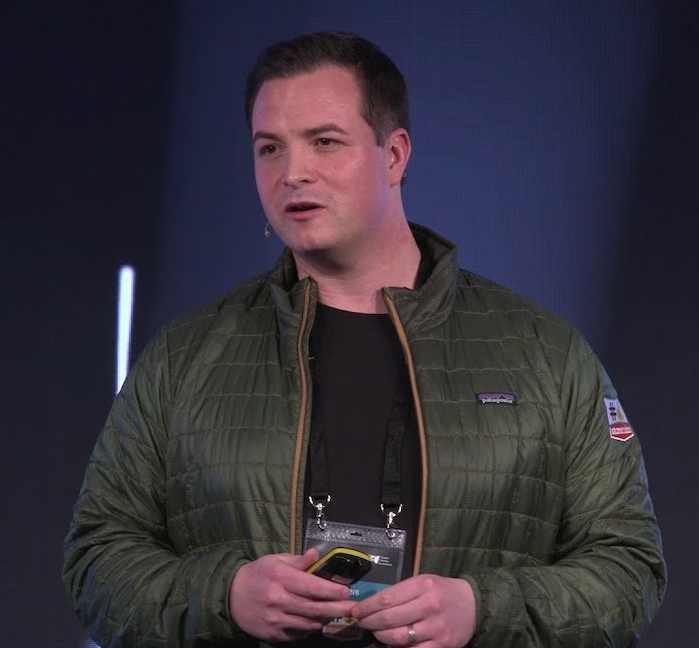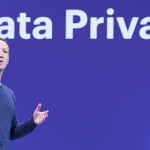A few weeks ago, Facebook CEO Mark Zuckerberg wrote an op-ed for the Washington Post calling for more regulation of the internet. Two of the four issues he addressed involved how users relate to their personal data, and might be summed up as: First, user control of data in this new world is important; and, second, that governments should compel companies like Facebook to ensure users have more control.
What Zuckerberg doesn’t say: Facebook could give users control of their data without needing governments to intervene. By embracing the possibilities of data tokenization, the social media powerhouse could not only empower its customers, but also do so in a way that opens up new market opportunities for web entrepreneurs.
The State Of Regulation
Before turning to Facebook specifically, let’s look at the state of global internet regulation. One doesn’t have to be a seasteading Randian to be less than enthused.
Take the European Union’s General Data Protection Regulation. The well-intentioned law was meant to give users more control over their data. But, far from making Europe a privacy paradise, it has destroyed user experience by presenting people with an unceasing set of permissions that don’t actually help.
Similarly, the European Copyright Directive, which makes platforms liable if users violate copyright on their services. It creates such a massively difficult technological compliance problem that it’s effectively a big regulatory moat advantaging only the biggest companies. Google may be able to spend $100m-plus on a proprietary content monitoring system, but most of its competitors can’t. The negative externality of the regulation is that innovation and new startup creation suffer.
Australia’s new social media law, which holds companies accountable for content on their platforms, will also have negative unintended consequences. By threatening platforms, ISPs, and hosting companies with fines of 10 percent of annual turnover plus jail time for executives, it places huge compliance burdens on companies to monitor their networks, and some surely won’t bother. As Ben Thompson from Stratechery has argued, the only rational response will be for those companies “to simply block Australia.”
Once users come to expect programmable data control, they will not suffer opacity and abuse lightly.
In short, the recent record does not inspire confidence about the ability for government regulation of the internet to have its desired effect. Luckily for Zuckerberg, and the rest of us, there is another way.
The Emerging Era Of Tokenized Data
Tokenized data. At first, it sounds like just the latest in a string of crypto industry buzzwords meant to sell the latest ICO. Yet, when one cuts through the noise, it begins to make sense. Many companies are creating tokens backed not just by the speculative belief but by specific assets with real, intrinsic value. You can see this in the emergence of security token platforms that help tokenize real world assets like real estate. We can do the same with personal data.
In today’s digital world, data is “the new oil.” The uproar around the Cambridge Analytica scandal, in which user data was used to help foreign bots try to sway the US elections, showed how internet users are becoming increasingly frustrated at the way their data is being exploited.

The basic idea of data tokenization is that bits of data are represented as private keys on a public blockchain. Platforms like Facebook, where users generate that data, can issue private keys so users can see how their data being used, who is interacting with it, and how. The ledger offers transparency, just like a public blockchain offers transparency around, say, bitcoin transactions.
More interesting still, this tokenized architecture can create new types of incentives. Platforms could issue tokens encouraging users to contribute rich and robust data. The tokens could incentivize third party developers to create new types of experiences that reward users in new ways for their data participation. The impact of these sorts of moves wouldn’t be just in the Facebook ecosystem, but would ripple across technology, media, and advertising. Once users come to expect programmable data control, they will not suffer opacity and abuse lightly.
At the end of the day, Facebook may feel it doesn’t have to change. It has created one of the most defensible business moats on the internet today. The power of community network effects creates huge disincentives for users to leave, even when they want to leave. Advertisers clamor to get more and more data from the company, despite what is and isn’t happening on the regulatory front in Washington.
But Zuckerberg has a good understanding of when times are changing, and he could seek to adapt the company rather than be left behind. Technology companies that endure often have to sacrifice sacred cows in the short term for the good of the long term. If he really wants to change how Facebook treats personal data, tokenization could have more positive impact than any regulation ever could.
Chris McCoy is CEO of the Storecoin p2p cloud computing platform.
